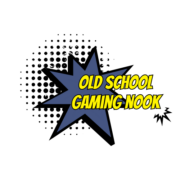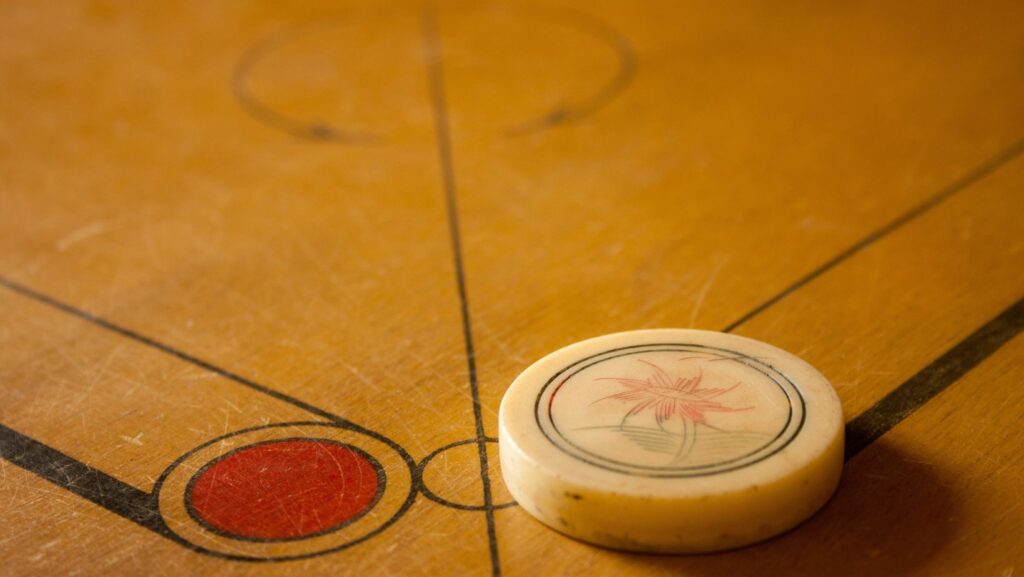Vintage Board Games 1970s
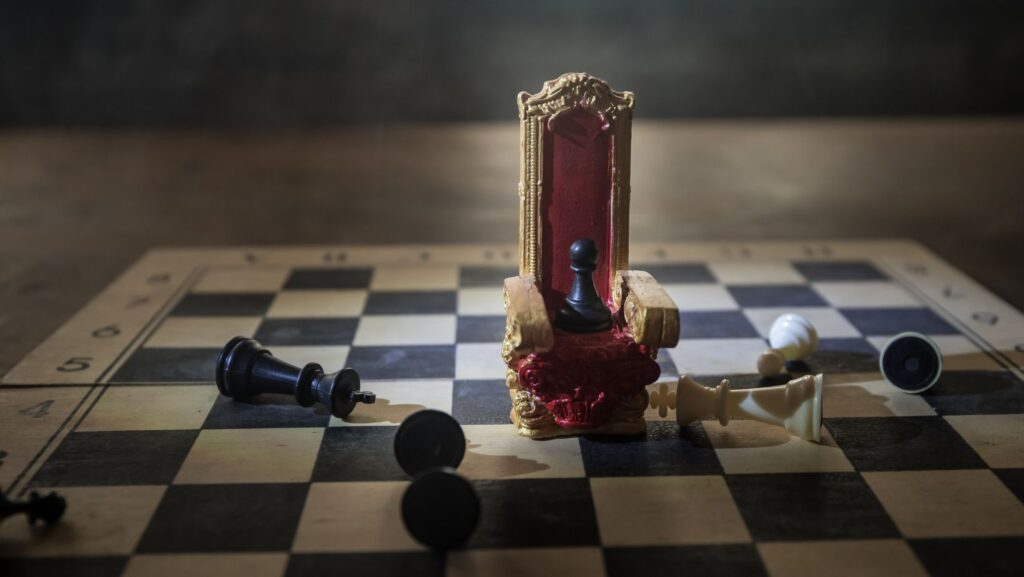
The 1970s marked a golden era for board games, capturing the imagination of families and friends gathered around kitchen tables. As a decade of cultural shifts and vibrant creativity, it brought forth a treasure trove of vintage board games that still evoke nostalgia today. These games weren’t just about rolling dice or moving pieces; they were a gateway to adventure, strategy, and endless fun.
From strategic classics like “Risk” to the whimsical challenges of “Mouse Trap”, the ’70s offered something for everyone. These games not only entertained but also fostered social interaction and critical thinking, leaving a lasting impact on generations. Whether you’re a collector or a casual enthusiast, exploring these vintage gems offers a delightful glimpse into the past and a chance to relive cherished memories.
The Rise of Board Games in the 1970s
The 1970s saw a surge in the popularity of board games due to several factors. Game developers introduced innovative concepts that captured the public’s imagination. Games like “Dungeon!” introduced players to fantasy worlds, inviting them to explore new realms. These creative designs amplified interest in tabletop gaming.
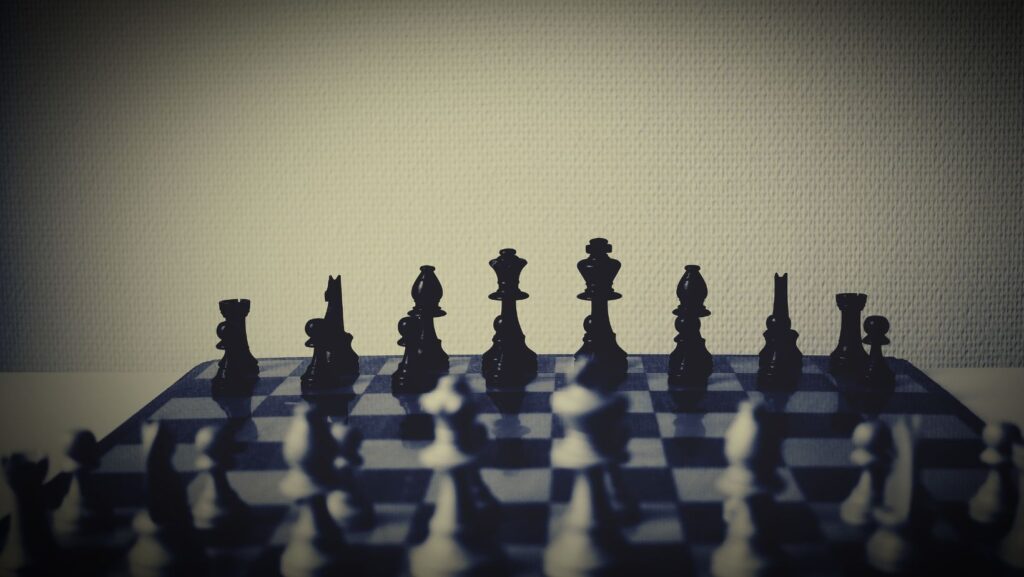
Increased leisure time and disposable income also contributed to the industry’s growth. Families found board games an accessible form of entertainment, fostering togetherness through engaging gameplay. This era marked a shift as games began to be seen not just as children’s toys but as activities for all ages.
The decade also experienced technological advances that improved game production quality. Materials such as durable plastic and improved printing techniques resulted in more visually appealing games. These enhancements, combined with strategic marketing efforts, broadened the appeal and accessibility of board games to a wider audience.
Several classic games from this period, including “The Game of Life” and “Pay Day,” resonated with players by mirroring real-life scenarios, enhancing their relevance. This alignment with daily experiences facilitated not only relatability but also educational opportunities, teaching players financial management and decision-making skills.
The rise of board games during the 1970s left a lasting legacy, influencing game design in subsequent decades. Enthusiasts continue to celebrate these vintage games, recognizing their role in shaping the cultural landscape of the time.
Popular Vintage Board Games of the 1970s
The 1970s saw an array of board games that captured the essence of the time, from strategic challenges to fun-filled family games. These games continue to inspire new generations with their unique designs and engaging gameplay.
Classic Strategy Games
Classic strategy games from the 1970s included “Risk,” where players conquered territories to achieve world domination. “Stratego” offered a strategic battlefield experience, requiring players to outsmart opponents with hidden units. These games focused on planning and decision-making, fostering critical thinking skills.
Family Favorites
Family favorites like “The Game of Life” and “Pay Day” offered entertaining ways to explore real-life scenarios. Players navigated careers, financial responsibilities, and lifestyle choices, promoting discussions about life choices and future planning. “Mouse Trap” combined creativity and engineering concepts, engaging families in intricate contraption building.
Party and Puzzle Games
Party and puzzle games found popularity with titles like “Pictionary” and “Mastermind.” “Pictionary” encouraged artistic expression and teamwork as players guessed drawings, while “Mastermind” challenged deductive reasoning through code-breaking. These games enhanced social interactions and creative thinking, making them staples of 1970s gatherings.
Impact on Modern Gaming
Vintage board games from the 1970s continue to influence modern gaming. Game designers draw inspiration from the innovative mechanics and themes that characterized that era. For example, the strategic depth seen in “Risk” paved the way for contemporary strategy games that emphasize complex decision-making.
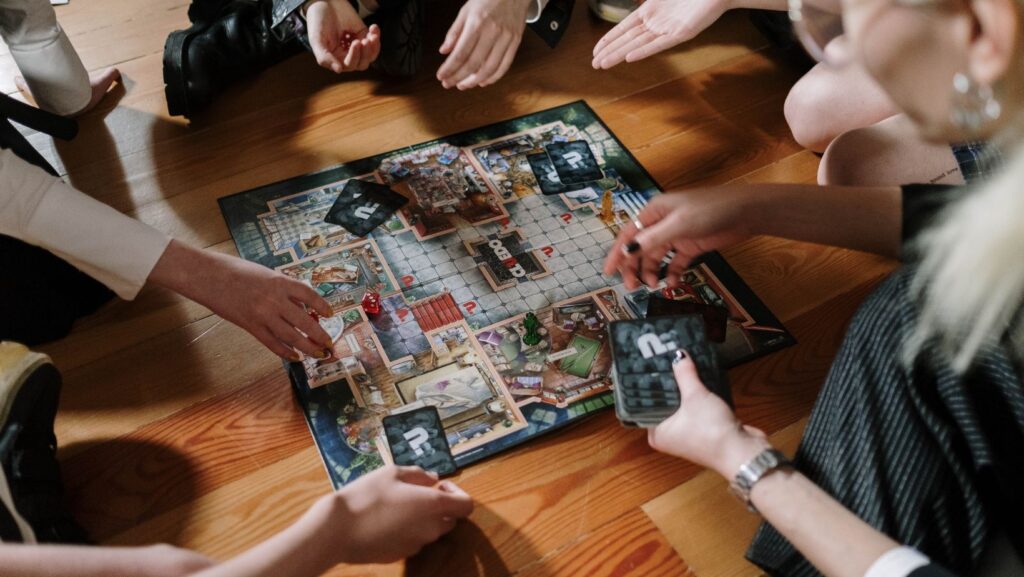
Mechanics from 1970s games laid the groundwork for today’s hybrid tabletop experiences. Combining board elements with digital components mirrors the imaginative expansions seen in “Dungeon!” and similar titles. This fusion has resulted in engaging experiences that bridge traditional and digital play.
The 1970s emphasis on inclusivity in games like “The Game of Life” and “Pay Day” evolved into modern designs focusing on diverse player experiences. Modern games often tackle complex narratives and cater to varied player preferences, echoing the broad appeal of past classics.
Social interaction, heavily encouraged by 1970s family and party games, remains a core focus in modern gaming. Current games foster community building and interpersonal skills, much like “Mouse Trap” and “Pictionary” did decades ago, reinforcing the timeless value of shared experiences.
